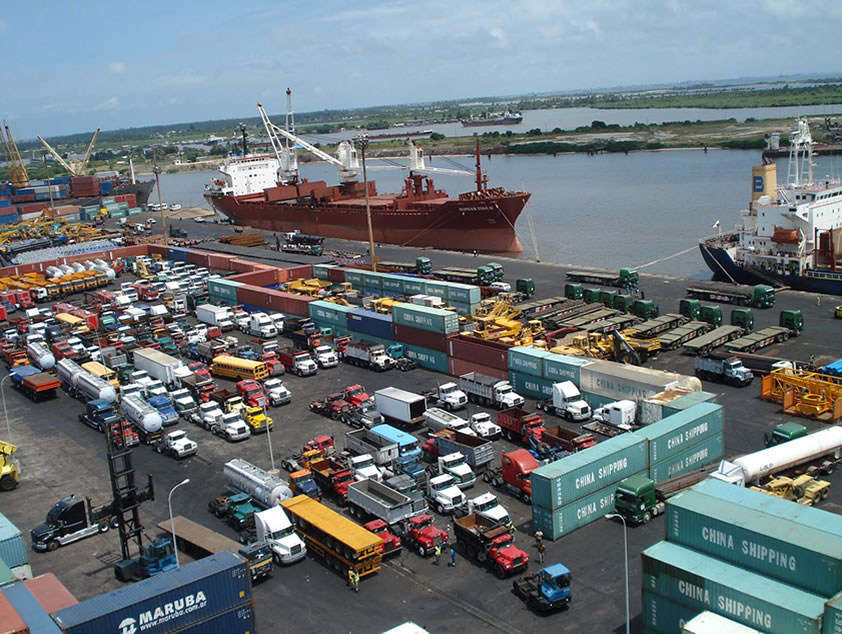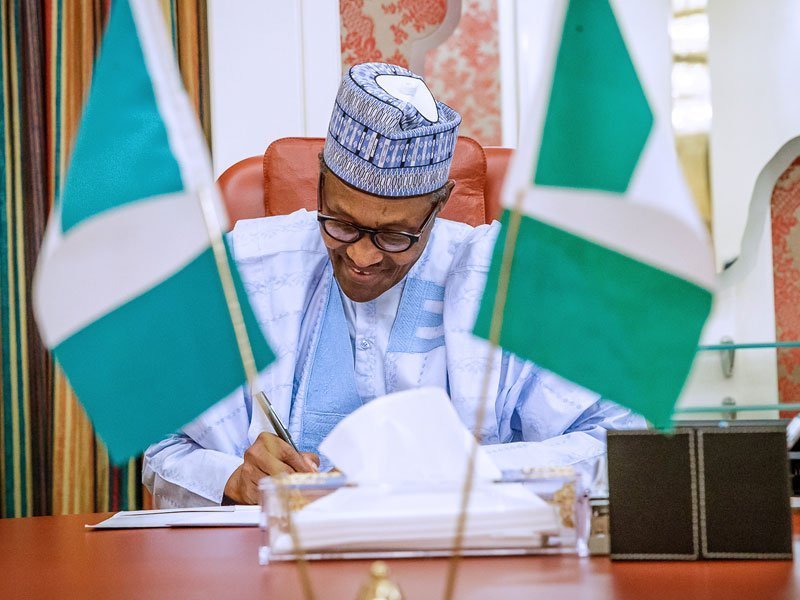The value of Nigeria’s capital importation into the country in 2016 fell by 46.86 per cent when compared to what came into the country in 2015, while on a quarterly basis, capital importation dropped by 15 per cent in the last quarter of 2016, National Daily has gathered.
According to the National Bureau of Statistics, capital inflows into the country dropped to $5.12 billion at the end of 2016 compared to $9.64 billion that came into Nigeria through Foreign Direct Investments, Foreign Portfolio Investments and other investments in 2015. This was the lowest value since the series started in 2007, which reflects the numerous economic challenges that afflicted Nigeria in 2016.
As foreign direct investors take a longer-term view, NBS in its report which was released yesterday said, Nigeria’s recession and currency problems may carry less weight in investment decisions. FDI had dropped by 27.83 per cent between 2015 and 2016, considerably less than portfolio investment. By contrast, other investment increased between 2015 and 2016, by 3.48 per cent, due to an increase in loans
FDI accounted for $344.63 million, or 22.25 per cent of the total, representing a growth of 1.17 per cent relative to the previous quarter, and of 179.83 per cent relative to the same quarter of the previous year, the first year on year growth rate in five quarters. However, the latter growth rate was high in part due to a base effect as the value of FDI in the final quarter of 2015 was one of the lowest on record.
While other types increased relative to the previous quarter, Portfolio Investment fell by 69.12 per cent. This was partly due to a spike in Portfolio Investment in the previous quarter, but nevertheless there was also a decline relative to the previous year, of 70.16 per cent.
The statistics office noted that the weakening of the naira may have had an impact on the inflow figures as a weaker naira means more can be purchased with each dollar, and therefore investment projects requiring naira payments cost less in dollar terms.

 Health5 days ago
Health5 days ago
 Entertainment7 days ago
Entertainment7 days ago
 Crime6 days ago
Crime6 days ago
 Education1 week ago
Education1 week ago
 Health1 week ago
Health1 week ago
 Comments and Issues6 days ago
Comments and Issues6 days ago
 Football7 days ago
Football7 days ago
 Latest6 days ago
Latest6 days ago







